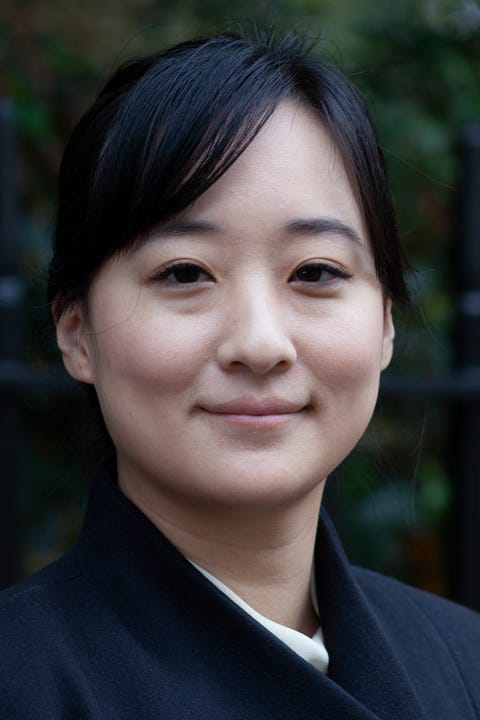A New York Times Book Review Editors’ Choice 'Inferno is a disturbing and masterfully told memoir, but it’s also an important one that pushes back against powerful taboos.' -The New York Times Book Review 'Explosive' -Good Morning America 'Sublime' -Bookpage (starred review) When Catherine Cho and her husband set off from London to introduce their newborn son to family scattered. Trading since 1879, Blackwell of Oxford is the largest academic and specialist bookseller in the UK. Fast dispatch, carefully packaged, worldwide delivery. 'Cho's intense, poignant book exists in a category of its own' i 'A haunting, eloquent evocation of becoming a stranger to yourself' Observer My psychosis, for all its destruction and wrath, was a love story. Mobdro for mac.
Inferno By Catherine Cho
Inferno is a memoir of Catherine Cho’s harrowing journey through postpartum psychosis. Postpartum depression and psychosis exist in some of the most taboo corners of the haunted space assigned to mental health, conjuring headlines of drowned children and marring the virtuous, sunny, false picture of new motherhood. Cho’s story begins with a loving husband, a smooth pregnancy and only moderately overbearing new grandparents. But one morning, time and self began to unspool amid paranoid fantasies, and soon Cho’s husband is visiting her in the hospital, pleading with her to eat, trying to connect in any small way and finding that he cannot.
In Cho’s hands, the story of her psychosis is also one of her growing up and knitting together her sense of self, even as that self is coming ferociously undone. The Korean fairy tales of her grandparents intermingle with the classical mythology loved by her father. Together, these stories suggest meanings to her that she can’t quite discern. The identities of her ancestors, herself and her son become mutable and bleed into one another. She feels overcome with love for her husband, convinced they have entered hell and she must save him. Cho seems to experience time as a divine being might, skidding back and forth and in between, realities crisscrossing and intertwining. There is a sublime quality to this temporal movement. Her illness looms large and mythic, even in its terror. Banhospoderosos.com paragon ntfs for mac.

Those grandiose episodes flatten into periods of lucidity when Cho returns to herself in the ward and moves through her days without information, without contact with her family, carefully negotiating her relationships with the other patients. Even in these moments of clarity, postpartum psychosis treads around her edges like an animal, pressing a soft muzzle with hidden sharp teeth into her mind.
Inferno Catherine Cho Vk
Nba live. Though Cho dwells apprehensively on the intertwining of love and pain in the Korean culture of her upbringing, it’s the resilient thread of devotion in her life—to her husband, her family, the curious memory of her son—that laces through the pain and draws her back into the world. Cho’s expression of her experience of madness is poetic, and like much good poetry, it points its finger to the lies in our so-called reality: that our health system is healthy; that our expectations of motherhood are rational.
Inferno Catherine Cho Pdf
A New York Times Book Review Editors’ Choice
'Inferno is a disturbing and masterfully told memoir, but it’s also an important one that pushes back against powerful taboos. . .' --The New York Times Book Review
'Explosive' --Good Morning America
'Sublime' --Bookpage (starred review)
When Catherine Cho and her husband set off from London to introduce their newborn son to family scattered across the United States, she could not have imagined what lay in store. Before the trip’s end, she develops psychosis, a complete break from reality, which causes her to lose all sense of time and place, including what is real and not real. In desperation, her husband admits her to a nearby psychiatric hospital, where she begins the hard work of rebuilding her identity.
In this unwaveringly honest, insightful, and often shocking memoir Catherine reconstructs her sense of self, starting with her childhood as the daughter of Korean immigrants, moving through a traumatic past relationship, and on to the early years of her courtship with and marriage to her husband, James. She masterfully interweaves these parts of her past with a vivid, immediate recounting of the days she spent in the ward.
The result is a powerful exploration of psychosis and motherhood, at once intensely personal, yet holding within it a universal experience – of how we love, live and understand ourselves in relation to each other.
